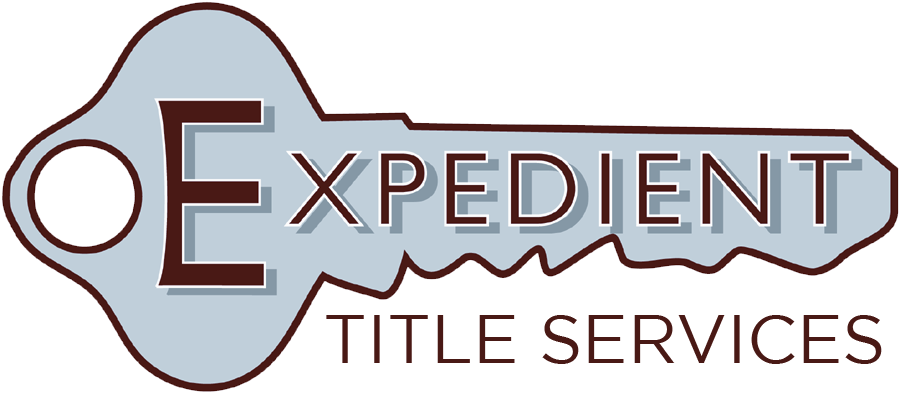An Introduction to Florida’s Good Funds Statute for Your Florida Real Estate Transaction
 Posted on by Mediap0693887
Posted on by Mediap0693887
An Introduction to Florida’s Good Funds Statute for Your Florida Real Estate Transaction
Over the past few years, bank fraud, including transactions involving cashier’s checks and wire transfers in Florida, and the nation, have been on the rise. The State of Florida has some of the tightest restrictions on what constitutes Good Funds which has resulted in a gradual phasing out of the acceptance of most forms of checks.
Good Funds: What does it mean?
"Good Funds Statute" is the common name for a statute that makes up the Florida guidelines that govern how your funds are handled. Florida statue 69O-186.008 “Escrow Requirements” clearly details funds received in the form of a cashier or personal check cannot be considered good funds until after the check has cleared the title company escrow account.
Hence, Good Funds refers to the money a lender or consumer must provide to the title company before the final disbursement of the escrow or settlement can take place. Settlement agents or your title firm in Florida are prohibited from making any disbursements to buyers or sellers of residential real estate unless such payments meet the legal definition of "Good Funds" (69O-186.008).
How does it Work?
As stated prior, this statute is known as the "Good Funds Statute." The purchaser must prove they have the required cash due at the closing table and provide the funds in the manner associated with the dollar amount due. Lesser amounts, for example, under $500 can be provided in a personal check, while higher dollar amounts, that over $500 should be provided via a bank wire transfer. Further details are below.
What Constitutes "Good Funds?"
Good Funds payment can come in the form of bank wires, cashier’s checks or personal checks, as shown below:
1. Bank Wire Transfers
Bank wire transfers get used for most cases. It constitutes "good funds" because it meets all statutes' requirements. To complete a wire transfer, the consumer is required to meet with a bank representative holding the required funds, and the bank representative will work with Expedient to verify wiring instructions for the transfer of funds. Wire transfers must be sent for any cash due at closing in excess of $500.
2. Cashier’s Checks
When funds due at close exceed $500 but are under $10,000 consumers may obtain a bank cashier’s check, however, these funds must be deposited into the title company escrow account and held for a period of time to ensure the validity of the check. This check is obtained in a similar manner to sending a wire transfer, in that the consumer goes to the bank holding their funds and has the bank representative create the cashier’s check for them. All cashier’s checks must be made payable to Expedient Title. Due to the fact these funds take longer to become good funds, Expedient Title does not recommend consumers present their cash due at closing in this form. A wire transfer takes the same amount of time to obtain and is considered guaranteed funds as soon as deposited into the escrow account, mitigating preventable delays in disbursement.
3. Personal Checks
When funds due at close are under $500 the consumer may write a personal check. As with cashier’s checks, the personal check is made payable to Expedient Title.
Additional Important Information for Good Funds
It is necessary for the title agency handling the transaction to have prompt access to the funds so that they can be withdrawn and distributed as needed. This means wire transfers must be done no later than the morning of the closing for an afternoon closing, or the day before for a morning closing. Cashier’s and Personal Checks can be brought to the closing and given to the title agency representative after the signing of the closing documents. However, it is important to remember according to Florida guidelines, these funds are not automatically available for disbursement. The title agency is then responsible for the disbursement of all funds according to closing documents to all parties being paid on said documents. This includes paying Realtor commissions, mortgage payoffs, title fees and county agency fees required for the transfer and recording of ownership documentation. To prevent delays in payment to all parties, Expedient Title recommends Florida consumers use wire transfer as the method of providing Good Funds for their real estate transaction.